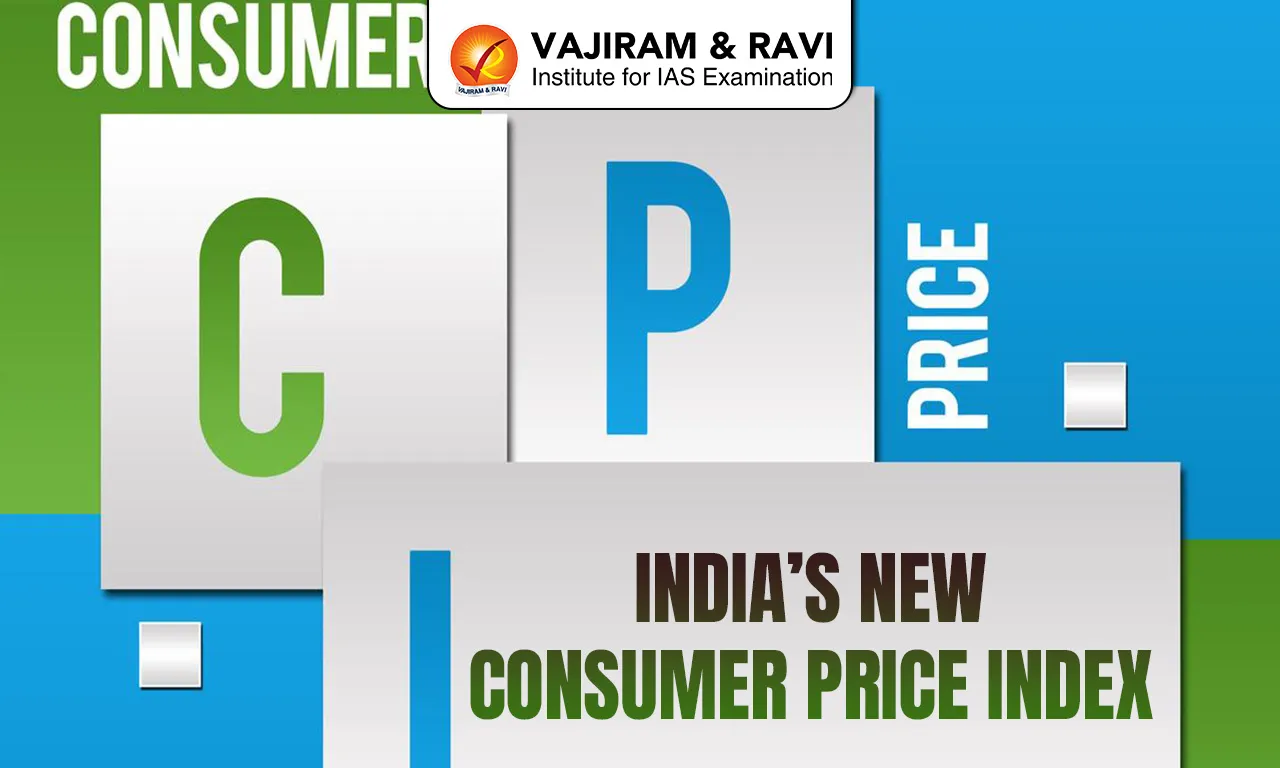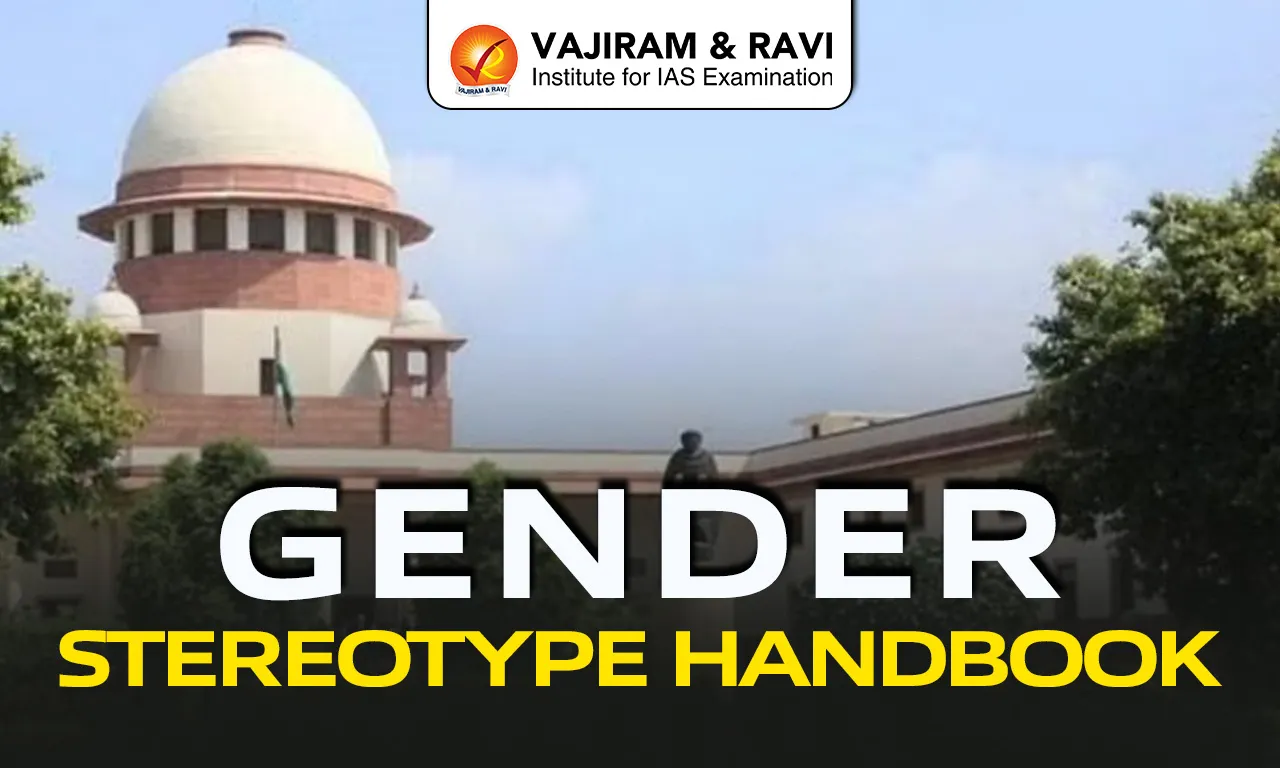What’s in today’s article?
- Why in News?
- About the Draft Broadcasting Services (Regulation) Bill 2024
- What is the Position of the OTT Platforms under the Latest Draft?
- Why is the Scope of the Draft Broadcasting Services (Regulation) Bill 2024 Significantly Expanded?
- Concerns Regarding the Draft Broadcasting Services (Regulation) Bill 2024
Why in News?
- The latest draft of the Broadcasting Services (Regulation) Bill 2024 seeks to replace the Cable Television Networks (Regulation) Act 1995.
- The draft Bill seeks to regulate the broadcast of news and current affairs programmes (excluding print news), as they will have to comply with the prescribed programme code and advertisement code.
About the Draft Broadcasting Services (Regulation) Bill 2024:
- Background: This draft is a revision of the one released by the Ministry of Information and Broadcasting in 2023 to consolidate the legal framework for the broadcasting sector and extend it to over-the-top (OTT) content and digital news.
- Key features:
- Definition of digital news broadcasters:
- The definition of digital news broadcasters to include publishers of news and current affairs content.
- This means any person who broadcasts such programmes through an online paper, news portal, website, social media intermediary, etc., as part of a systematic business, professional or commercial activity.
- However, this excludes replica e-papers.
- Code of Ethics: The Bill seeks to validate the code of ethics prescribed under the IT (Intermediary Guidelines and Digital Media Ethics Code) Rules 2021, which has been stayed by the Bombay and the Madras HCs.
- Content Evaluation Committee (CEC):
- It is a committee to evaluate content and certify its compliance with the code.
- The creator community will now be faced with a 3-tier regulation structure.
- Creators will have to constitute CECs, register with a Self-Regulatory Organisation and adhere to orders by the Centre appointed Broadcast Advisory Council.
- The news creators who do not intimate the Central government – names, credentials and other details of members of their CEC will be fined –
- Definition of digital news broadcasters:
- Rs 50 lakh in the first contravention, and
- Rs 2.5 crore for subsequent violations in the next three years.
What is the Position of the OTT Platforms under the Latest Draft?
- Besides user generated content, the Centre also aims to regulate OTT platforms under this new bill.
- However, the revised draft no longer mentions the streaming platforms as a part of the definition of ‘internet broadcasting services’.
- The OTT platforms are now referred to as a ‘publisher of online curated content’ to bring them in line with IT Rules 2021.
- The content broadcast on these platforms is defined as the curations that exclude news and current affairs programs.
Why is the Scope of the Draft Broadcasting Services (Regulation) Bill 2024 Significantly Expanded?
- Instances of sensational news during the 2024 Lok Sabha polls:
- Independent content creators made videos on current affairs which made some sensational claims about the government and its senior leaders.
- Hence, the need was felt to create a system of accountability for these creators, and to provide a level-playing field between mainstream press and independent creators.
- Content amplification by big-tech companies:
- Another concern was the decisions made by tech companies’ algorithms, and whether they ended up amplifying a certain narrative over another.
- However, these companies have told the government that their algorithms serve users content depending on their browsing history.
Concerns Regarding the Draft Broadcasting Services (Regulation) Bill 2024:
- May have a chilling effect on the freedom of speech and expression:
- The latest draft raises several questions on the freedom of speech and expression and the government’s powers to regulate it.
- This includes defining a digital news broadcaster in sweeping terms; requiring prior registration with the government to prescribing standards for content evaluation; etc.
- The government may exempt a distinct class of players: This implies that some stakeholders may be spared from the Bill’s provisions.
Q.1. What is cost inflation index (CII)?
The Cost Inflation Index (CII) is a measure used in India to account for inflation in the computation of long-term capital gains tax. Published annually by the Central Board of Direct Taxes (CBDT), it adjusts the purchase price of assets to reflect inflation, thereby reducing the taxable capital gains.
Q.2. What is Central Board of Direct Taxes (CBDT)?
The Central Board of Direct Taxes (CBDT) is a part of the Department of Revenue under the Ministry of Finance in India. It is responsible for administering direct tax laws, including the Income Tax Act, and ensures tax compliance, policy formulation, and enforcement. The CBDT also advises the government on tax-related matters.
Source: After backlash, govt roll back: indexation benefits available on LTCG tax on sale of property | Financial Express | Live Mint
Last updated on February, 2026
→ UPSC Notification 2026 is now out on the official website at upsconline.nic.in.
→ UPSC IFoS Notification 2026 is now out on the official website at upsconline.nic.in.
→ UPSC Calendar 2026 has been released.
→ Check out the latest UPSC Syllabus 2026 here.
→ Join Vajiram & Ravi’s Interview Guidance Programme for expert help to crack your final UPSC stage.
→ UPSC Mains Result 2025 is now out.
→ UPSC Prelims 2026 will be conducted on 24th May, 2026 & UPSC Mains 2026 will be conducted on 21st August 2026.
→ The UPSC Selection Process is of 3 stages-Prelims, Mains and Interview.
→ Prepare effectively with Vajiram & Ravi’s UPSC Prelims Test Series 2026 featuring full-length mock tests, detailed solutions, and performance analysis.
→ Enroll in Vajiram & Ravi’s UPSC Mains Test Series 2026 for structured answer writing practice, expert evaluation, and exam-oriented feedback.
→ Join Vajiram & Ravi’s Best UPSC Mentorship Program for personalized guidance, strategy planning, and one-to-one support from experienced mentors.
→ UPSC Result 2024 is released with latest UPSC Marksheet 2024. Check Now!
→ UPSC Toppers List 2024 is released now. Shakti Dubey is UPSC AIR 1 2024 Topper.
→ Also check Best UPSC Coaching in India






















